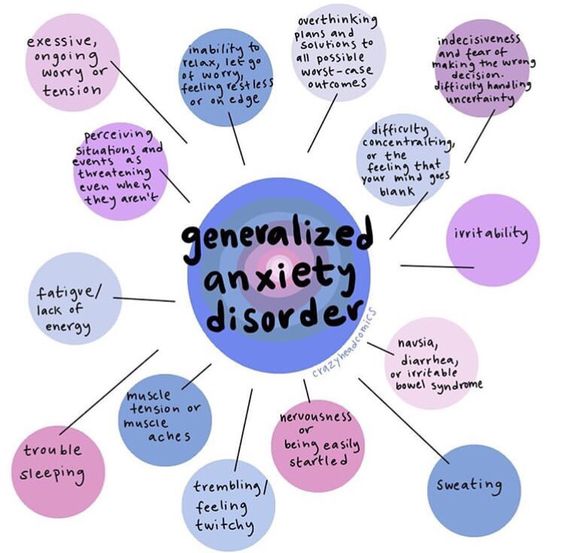I hope to write a 4-part piece on mindfulness, minimalism, slow life, and menopause, but combining them with the topic of anxiety. This will be quite a personal post, but I am writing it, though, as I believe strongly through telling your story you may inspire somebody who is struggling and maybe even give hope for the future.
I need to say I am not a psychiatrist, or a psychologist or a specialist in any medical field. I am writing from my own experience.
I always encourage people who suffer from anxiety or depression to seek medical, professional help. Please, remember there is no shame in doing so. I also believe current medicine and pharmacology can help, especially if we understand that suffering of this kind is connected, among the others, with chemical substances in our brain. I am writing from the perspective of my own experience and I think it can give you some hope, inspiration and/or knowledge.

Generalized Anxiety Disorder ( GAD) hit me some years ago and since that time it hasn't been the easiest ride in my life. When I look at what I have been through I may admit I've had most of the typical symptoms of GAD, like
- constant worry, very often about unrealistic problems, also hypochondria, when your thoughts are running like crazy influencing your emotions and even your senses
- anxiety in different life situations.
- panic attacks, happening during any situation, also during the holidays.
- irritability and outbursts of anger.
- fast puls and sweating.
- tension in muscles.
- tiredness.
So, if you notice some of the symptoms mentioned occurring for a longer time in your life, welcome to the club. With time I started searching for some, not only medical, relief and I came across mindfulness. Again, I am not saying ( and will never say) practicing mindfulness alone will help you, especially if you are diagnosed with GAD, but the good news is, it can help reduce some symptoms or help fight them when they occur.

Of course, you will find a lot of posts and websites dedicated to mindfulness, but here I want to say how I understand it. So, for me, mindfulness is
- being here and now, focusing on what we are doing at a particular moment. While walking, e.g., focusing on the movement or our surroundings. Let it be just noticing changing nature, falling leaves. Or let it be feeling the steps while walking. Such an approach may reduce the constant flow of thoughts because you will focus on things around you, your mind will not have the opportunity to add anything to it.
- observing your thoughts, including those nasty ones. When you start being anxious or worried, but if you observe this moment of being anxious, you can change your focus on something else. It can break the chain of negative thoughts. When it happens to me, I usually say to myself: Really! OK!", it usually helps to bring some rationality in the process of thinking because I am able to notice that some other patterns of thinking are possible.
- knowing that everything is impermanent. That's a good one, as it is both good and bad news. On the one hand, you may stress out everything comes to the end, but on the other hand, you know your anxiety or panic attack has its limits as well. Somebody has said a typical panic attack lasts 15 minutes. Well, I don't know the exact time, I haven't counted, but indeed, it doesn't last forever. The notion itself is a huge relief.
- letting go. It is also some good principle of mindfulness. I am not saying here of letting go of your negative thoughts, just by wanting to do so. It would be unrealistic because if the anxiety hits, you won't feel better just by just saying ' let it go". I think of letting go in a sense of allowing yourself to have a bad time, being imperfect, asking for help.
- accepting the moment as it is, without judging it. You simply can't change the moment that is already happening, so why not just say " OK, here we go again", instead of saying " Oh, why me, not again! Why, why?" The latter may add more stress, which will lead to more anxiety, so on, so forth.
So, to sum up. Anxiety is not the nicest thing, when it happens over and over again, find yourself a specialist, but mindfulness can help you lower the level of GAD. In the next post, I will try to write about how anxiety and mindfulness led me to minimalism.

